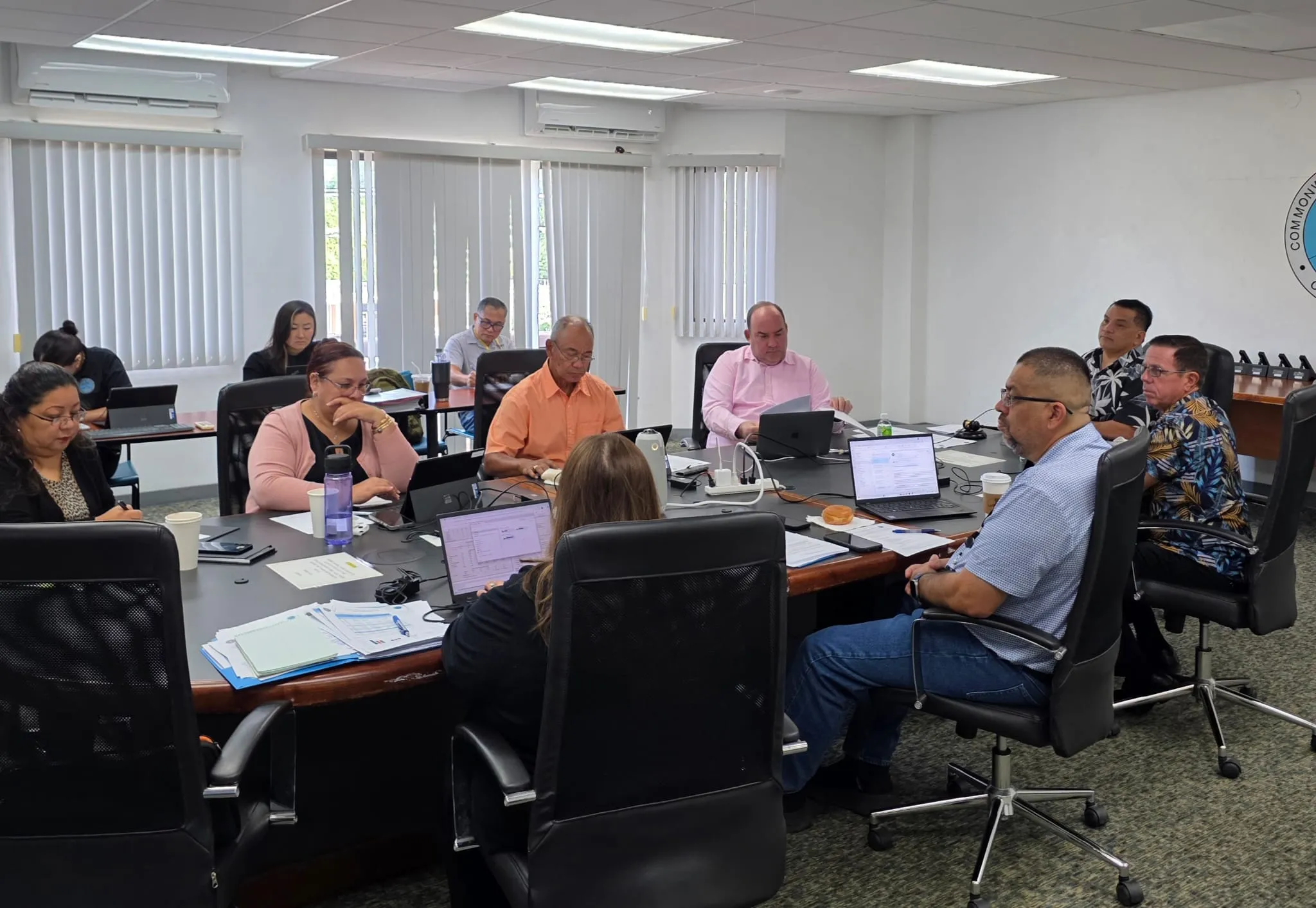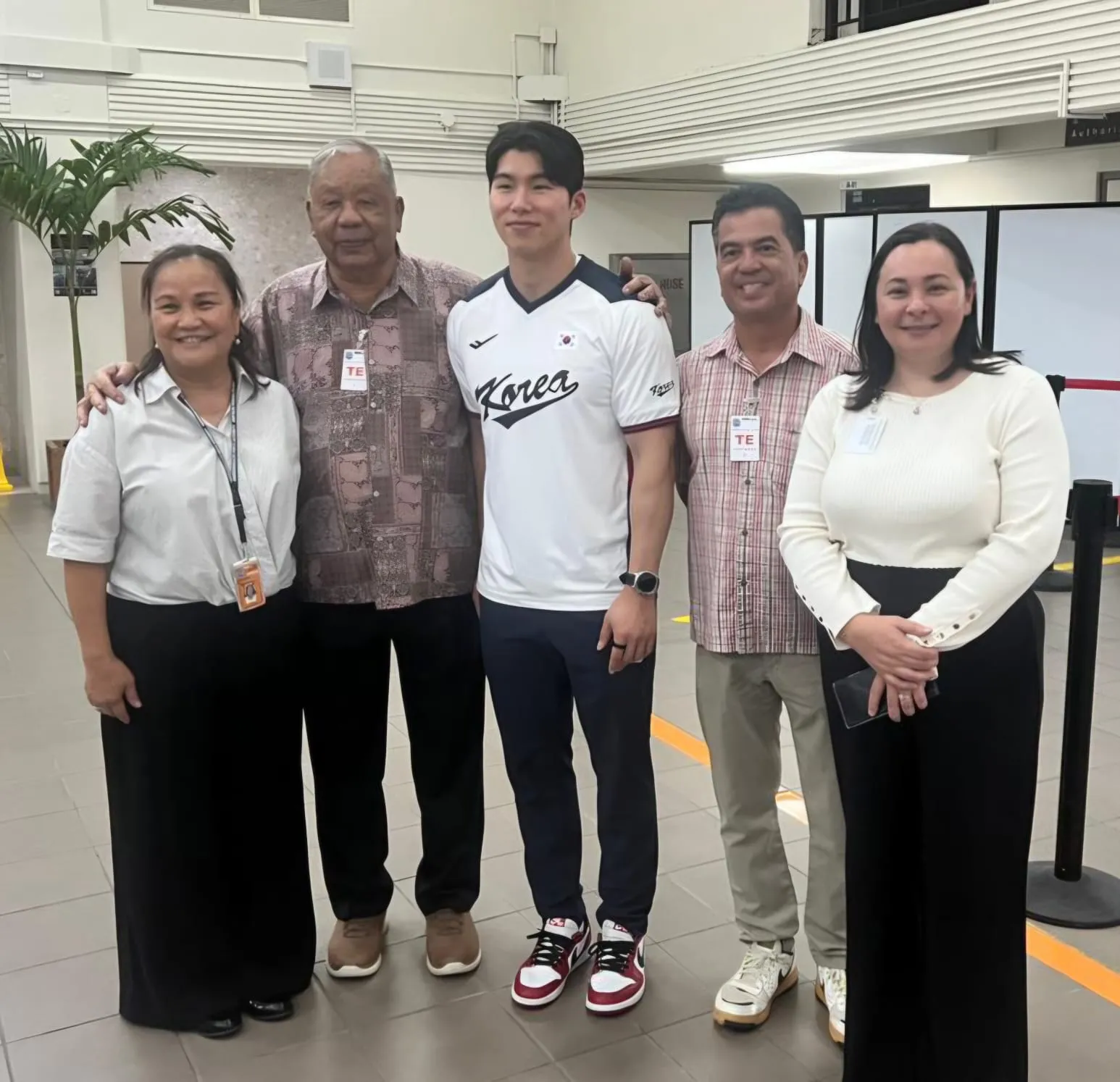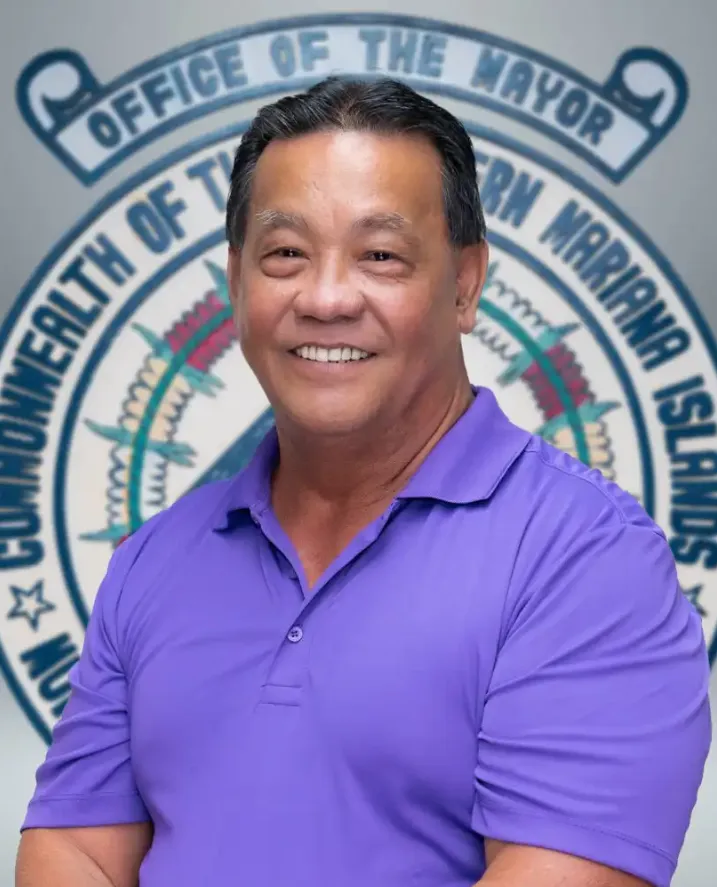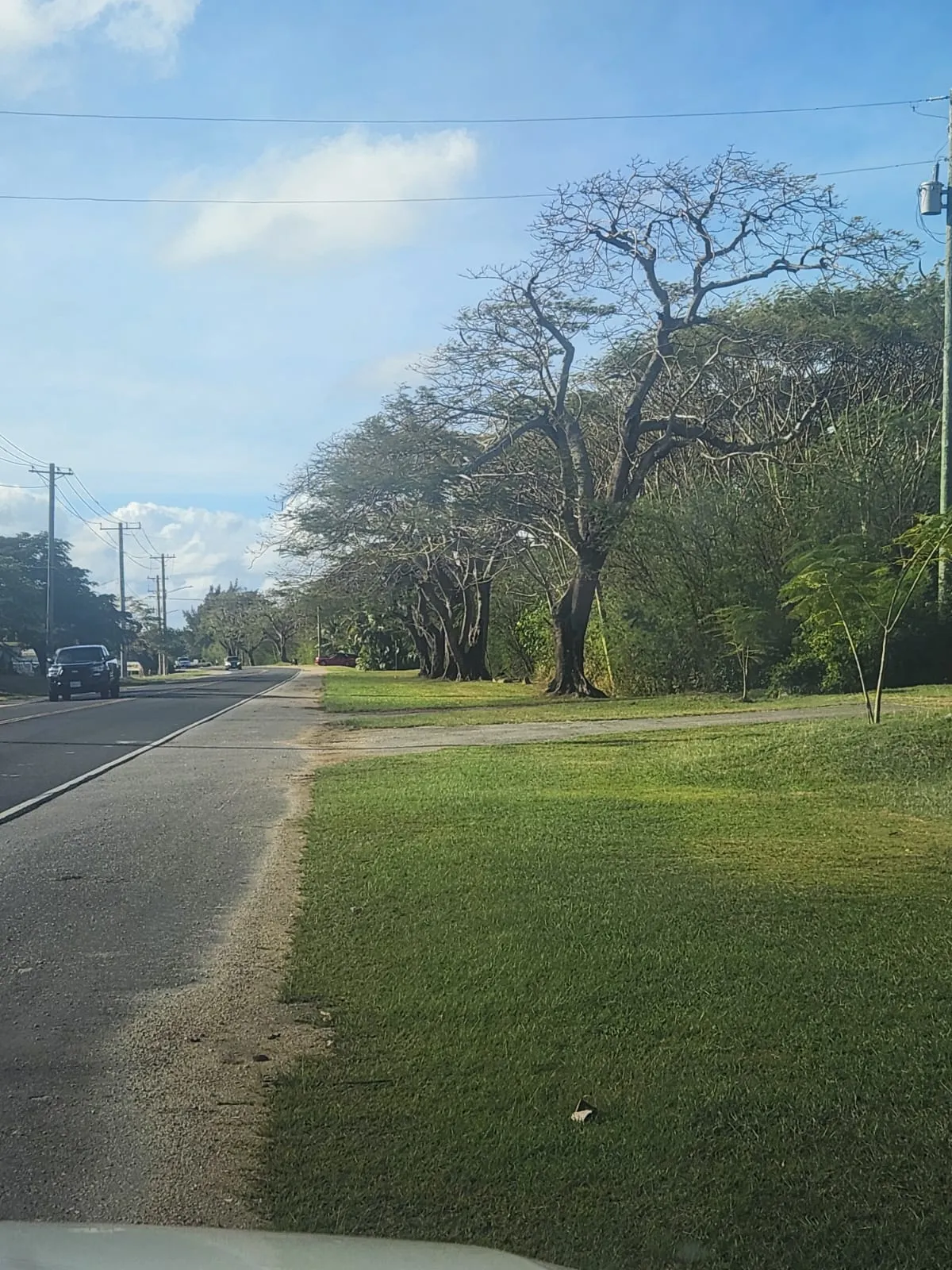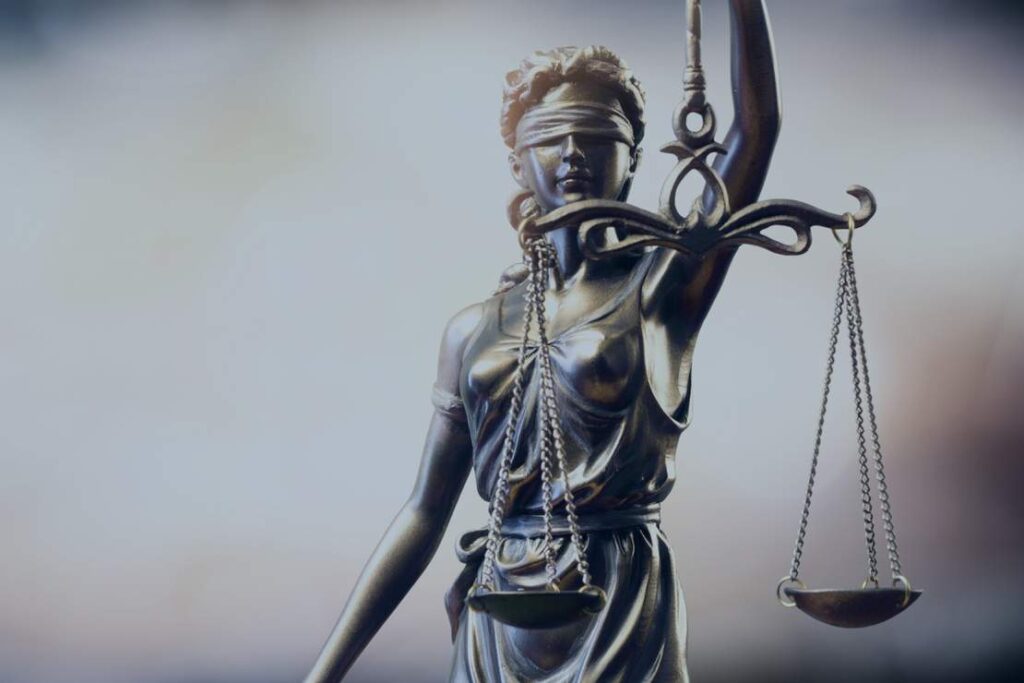THE CNMI Supreme Court has affirmed the trial court’s decision to deny the petition of Joseph A. Crisostomo for a writ of habeas corpus.
In an amended petition for a writ of habeas corpus filed on April 10, 2019, Crisostomo claimed ineffective assistance of counsel.
Attorney Janet H. King represented Crisostomo in the murder case in which a jury found him guilty of first-degree murder, kidnapping, and sexual assault in the first degree and robbery. His victim was a 37-year-old bartender and mother of two, Emerita R. Romero.
On May 28, 2014, Crisostomo was sentenced to life imprisonment.
Superior Court Presiding Judge Roberto C. Naraja, in a ruling issued on May 25, 2021, denied Crisostomo’s petition for a writ of habeas corpus.
A petition for a writ of habeas corpus is a legal mechanism to determine whether the confinement of the petitioner is in violation of his constitutional rights.
Crisostomo appealed the trial court’s order, claiming that he did not receive effective assistance of counsel before and during his 2013 trial.
But Supreme Court Chief Justice Alexandro Castro, Justice John Manglona and Justice Perry Inos found that King’s assistance of Crisostomo was not deficient.
In a ruling issued on Sept. 2, 2022, the justices affirmed the trial court’s denial of Crisostomo’s habeas petition.
Through King, Crisostomo, who was 40 when he was convicted, appealed his convictions, claiming numerous deficiencies before and during trial.
In July 2018, the CNMI Supreme Court affirmed Crisostomo’s convictions.
In his ruling, Judge Naraja said given the facts of this case, “the court finds that Ms. King’s and the defense team’s choice was not deficient…and this factual basis fails to meet the first prong of the ineffective assistance of counsel analysis.”
Judge Naraja also noted how Crisostomo went into great scientific detail, both in his briefing and at the hearing for this matter, about how the testimony of Susannah Kehl, an FBI analyst, could have been interpreted differently and was “misleading.”
Kehl testified at the trial that Crisostomo was potentially the major contributor to the foreign DNA found with the victim.
When Judge Naraja asked how Crisostomo’s new counsel knew that the FBI analyst’s testimony was “misleading,” Crisostomo’s then-counsel responded that he researched it. Crisostomo was represented by attorney Cong Nie in the proceedings.
But the judge noted that the counsel “is not an expert, nor did he provide one nor was it his job to be the expert. It is his job to seek guidance from an expert or put an expert on the stand to explain, just like what Ms. King did.”
The judge added, “Ms. King admitted in her briefing at the criminal trial level that she was no expert and sought the advice of an expert, Dr. David Haymer. Ms. King attempted to admit Dr. Haymer as rebuttal expert witness, but was denied by the court. Ms. King then sought to get guidance from Dr. Haymer to conduct a cross-examination. With the advice of Dr. Haymer, Ms. King attempted to cross-examine Ms. Kehl in the best way she understood it. This is what any reasonable, competent lawyer would do and that is exactly what happened in this case. Thus, the first prong is not met.”
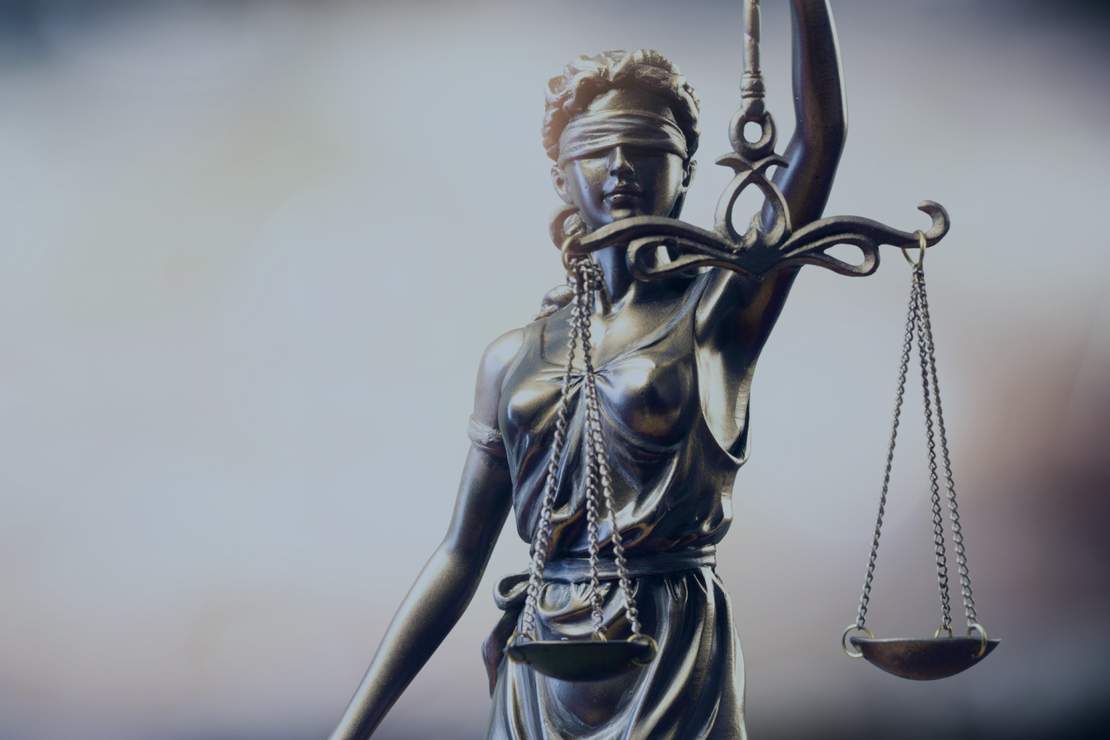
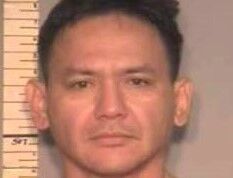
Joseph A. Crisostomo


